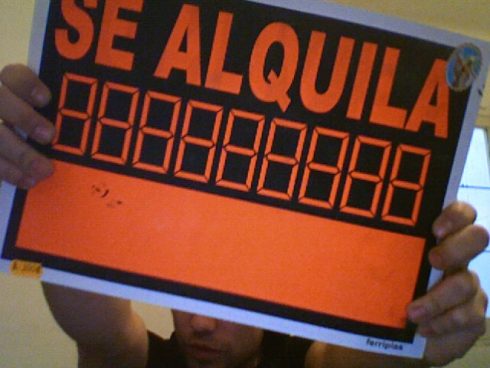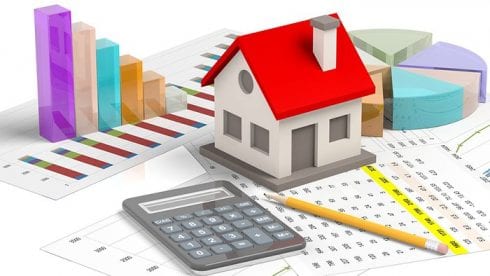WHEN the Covid-19 pandemic first hit, homeowners and property developers braced themselves for a drop in housing values, but in the end this didn’t materialise.
With the enforced lockdown periods having caused a drop in economic activity and the continued uncertainty surrounding the crisis showing that we’re still not out of this particular forest, one might have thought that the Marbella property sector would be suffering, but the reality is that right now it’s not.

So, why is this so? The main difference with the financial crisis of a decade ago is that firstly, this is not a problem with economic or financial roots, and secondly, it is unrelated to the housing sector. Even so, the economic downturn caused by the pandemic could very well have caused a slump in property buying and prices, and there are a number reasons why this has not happened to date.
Lifestyle: the growing importance of homes
One thing the COVID-19 situation has highlighted is the importance of a home. With a large proportion of society now working from home instead of rushing off to offices on a daily basis, the greater amount of time spent indoors has caused many to invest in new décor, appliances, renovations and even new properties – and as the trend towards remote working seems here to stay, it’s not likely to be a flash in the pan.
For this reason, furniture and appliance sales have been good, and the number of property transactions is also surprisingly high. This is especially true for certain types of homes, as buyers are clearly shifting their focus from smaller downtown high-rise to more spacious homes, ideally with gardens, indoor and nearby amenities, as well as home working spaces. In other words, the home has become a more important part of our lives and represents a growing proportion of our spending.
Economic factors favouring housing
The above has stimulated property prices, made possible also by historically low interest rates, government support packages and strong though strict mortgage lending. Legislation designed to reduce foreclosures has largely done just that, and with property still offering better returns than most other asset classes, capital has been flowing into it from both homebuyers and investors.
Instead of a scenario of bank repossessions, crisis and falling prices, therefore, the property sectors seems to be coming through the pandemic well. A phased reduction in government packages designed to preserve household spending could pose a challenge in the coming months, as could prolonged uncertainty or further damage caused to the economy, but the drop in development activity, construction and therefore supply, will reduce the impact.
Moreover, most economies are predicted to show strong recovery growth in 2021, hopefully 2020 is a one-off anomaly in every sense.








